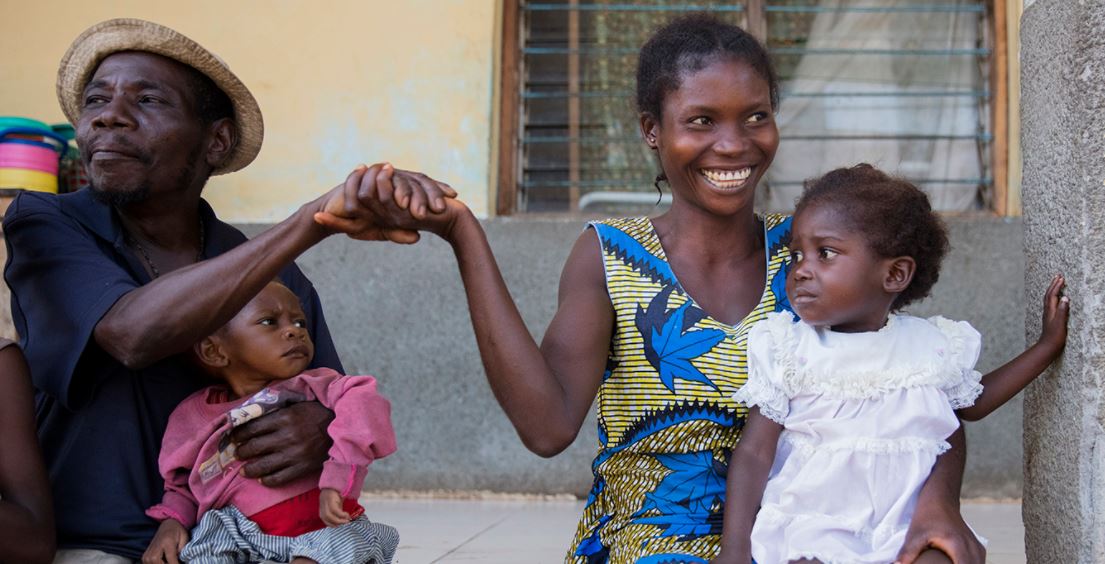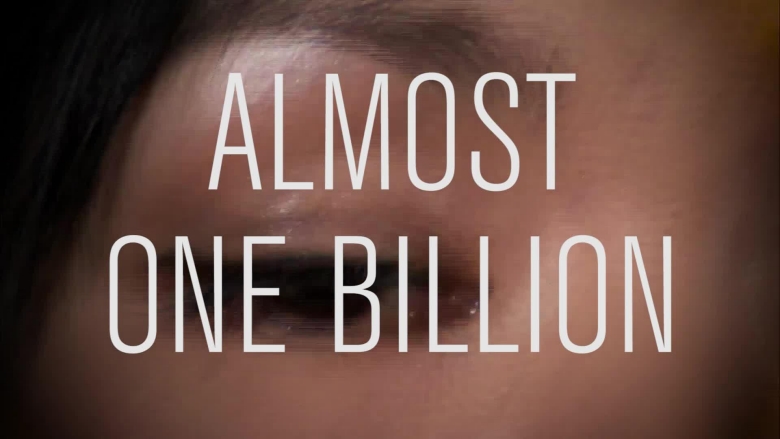Project Team:
Anita Shankar, PhD, is a medical anthropologist and international public health researcher with Johns Hopkins University, Bloomberg School of Public Health with more than 25 years of research and field experience targeted at improving women’s empowerment as well as maternal and child health. Her research focuses on investigating and testing innovative cognitive-behavioral interventions directed at fostering personal agency as a means of catalyzing positive behavior change. Dr. Shankar has led several research studies related to enhancing women’s roles in the clean energy sector, with specific focus on fostering personal empowerment and strengthening entrepreneurial capacities. She is a lead author on the Empowered Entrepreneur training handbook and has led a global training of trainers' program to scale this initiative to clean energy organizations worldwide. Her research is focused on laying the scientific foundation and tools for personal agency-based empowerment interventions to increase human adaptability, secure livelihoods and improve health. She is Principal Investigator for an ongoing randomized controlled trial in Rwandan refugee settings to assess the impacts of clean cookstove technologies and a couples-based personal agency intervention on decreasing the risk of both non-partner and intimate-partner violence in humanitarian settings.
Luis García La Moneda is Program Manager for the Energy and Climate Change Program at Plan International. An Environmental Sciences graduate with specialization in International Development Cooperation and solar photovoltaic (PV) projects and more than 14 years of experience, La Moneda has worked in enterprises, public institutions, enterprise associations and civil society organizations. He has worked for the past 10 years in different NGOs as project manager of both development and humanitarian aid interventions in multiple sectors, with a focus on Environment, Climate Change and Energy Access projects. He has worked in Europe and in Africa (Senegal, Mali, Uganda, Rwanda, Zimbabwe, Kenya), Latin America (Peru, Bolivia, Ecuador), Asia (Philippines) and Middle East (Lebanon, Syria, and OPT).
Naira Kalr completed the M.Phil in Evidence-based Social Intervention in 2008, as an Inlaks scholar from India. Her thesis, under the mentorship of Professor Frances Gardner, involved a systematic review and meta-analysis of cognitive-behavior therapy-based interventions to promote psychosocial well-being in schools. In her course, she was awarded a Barnett Scholarship by the department, and was also selected for an ESRC Methods for Research Synthesis Programme student placement at the Evidence for Policy and Practice Information and Coordinating Centre at the UCL Institute of Education.
The training in research synthesis and critical appraisal of research at the department has been critical to her work as a consultant for organizations, such as the London School of Hygiene and Tropical Medicine, the World Bank, and Save the Children, U.K.. More recently, as a consultant for the World Health Organization (WHO), she carried out systematic reviews and appraised the quality of research using the GRADE approach to inform WHO guidelines in the areas of "health promotion interventions for maternal and child health" and "responding to intimate-partner violence and sexual violence against women."
Kalr is currently pursuing a doctoral degree at the Johns Hopkins Bloomberg School of Public Health and is using her training in evidence-based social intervention to develop and evaluate interventions that address gender-based violence and reproductive health needs of brothel-based sex workers in India.


